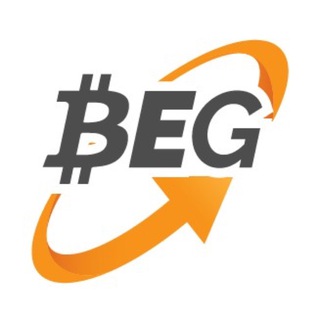In what appears to be the largest DeFi attack to date, cross-chain protocol Poly Network has been hacked for more than half a billion dollars. “We are sorry to announce that PolyNetwork was attacked on BinanceChain, Ethereum and Polygon,” tweeted the team on Tuesday while sharing the hacker’s address where the assets have been transferred. “We will take legal actions, and we urge the hackers to return the assets,” it added. https://twitter.com/PolyNetwork2/status/1425073987164381196 Crypto assets involved in the hack include USDC, WBTC, WETH, RenBTC, BUSD, ETHB, BNB, BTCB, DAI, UNI, SHIB, and FEI, as shared by the team. The team further said that they are calling on the miners of affected blockchain and also cryptocurrency exchanges, including Binance, Coinbase, OKEx, and Huobi, along with stablecoin issuers Tether and Circle, to blacklist tokens coming from the addresses tied to the hacker. Already many are responding with Paolo Ardoino, CTO at Tether, saying that they have frozen $33 million USDT as part of the Poly hack. “Address got blacklisted right as attacker tried to deposit into Curve where it would unreachable. Just 9 blocks difference between transactions. $30 million saved,” commented Banteg, a core developer at DeFi projet Yearn Finance as he commended Ardoino for his fast reaction. OKEx and Binance have also responded with affirmation that they are onto this, with Binance CEO Changpeng Zhao saying,
“While no one controls BSC (or $ETH), we are coordinating with all our security partners to proactively help. There are no guarantees. We will do as much as we can. Stay SAFU.”
Poly Network is a protocol for swapping tokens across multiple blockchains as it aims to build “the next generation internet.” Formed by an alliance between multiple platforms; Ontology, Switcheo, and Neo, currently, it offers interoperability between Bitcoin, Ethereum, BSC, Ontology, Neo, Elrond, Zilliqa, Switcheo, and Huobi ECO Chain. As a result of the hack, trading pool O3, which makes use of Poly Network to trade tokens, was also affected and has suspended its cross-chain functionality while “the non-cross-chain function is available and can be used normally.”
 bitcoinexchangeguide.com
bitcoinexchangeguide.com
